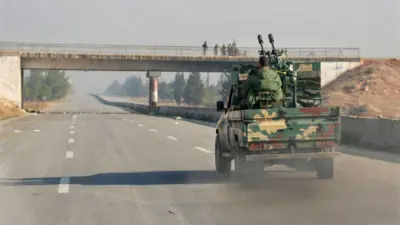We've updated our Privacy and Cookies Policy
We've made some important changes to our Privacy and Cookies Policy and we want you to know what this means for you and your data.
China bullet train crash 'caused by design flaws'
Top Stories
A bullet train crash which killed 40 people in China in July was caused by design flaws and sloppy management, the Chinese government says.
Almost 200 people were injured in the crash near the south-eastern city of Wenzhou.
"Missteps" by 54 officials led to the disaster, the long-awaited official report says.
The crash led many Chinese to accuse the government of putting development and profit before safety.
It also triggered a wave of popular anger against officials who were accused of trying to cover up the seriousness, and causes, of the crash.
Top Stories
Lightning strike
After receiving the report, China's cabinet criticised the railways ministry for lax safety standards and poor handling of the crash, according to Reuters.
Premier Wen Jiabao was presented with the official investigation's conclusions at a cabinet meeting on Wednesday.
The accident occurred after one train stalled following a lightning strike, and then a second high-speed train ran into it. Four carriages were thrown off a viaduct.
The report found that serious design flaws in control equipment and improper handling of the lightning strike led to the crash.
More serious penalties could follow for some of the 54 officials criticised in the report.
Among the officials singled out was the former railways minister, Liu Zhijun, who was sacked before the crash, accused of corruption.
Liu "has the main leadership responsibility for the accident," the report says.
Following the accident, the authorities called a temporary halt to new high-speed rail projects and placed speed restrictions on trains.
Top Stories
High-speed ambitions
China had planned to lay 16,000km (10,000 miles) of high-speed track by 2015, which would make it the biggest high-speed rail network in the world.
It had hoped to make its rapidly developing railway technology an export success: Chinese train companies were aspiring to compete with Germany's Siemens and Canada's Bombardier by selling their technologies to foreign companies.
But after July's crash that looks less likely.
The railways ministry said on Friday that it planned to invest 400 billion yuan ($63bn; £40bn) in infrastructure construction in 2012, which is lower than the figure for this year.
The current minister, Sheng Guangzu, said that rapid railway development should be maintained, as it "plays an important role in the country's social and economic development, especially in boosting domestic demand," according to the Chinese government's website.
Top Stories
More to explore
Most read
Content is not available








